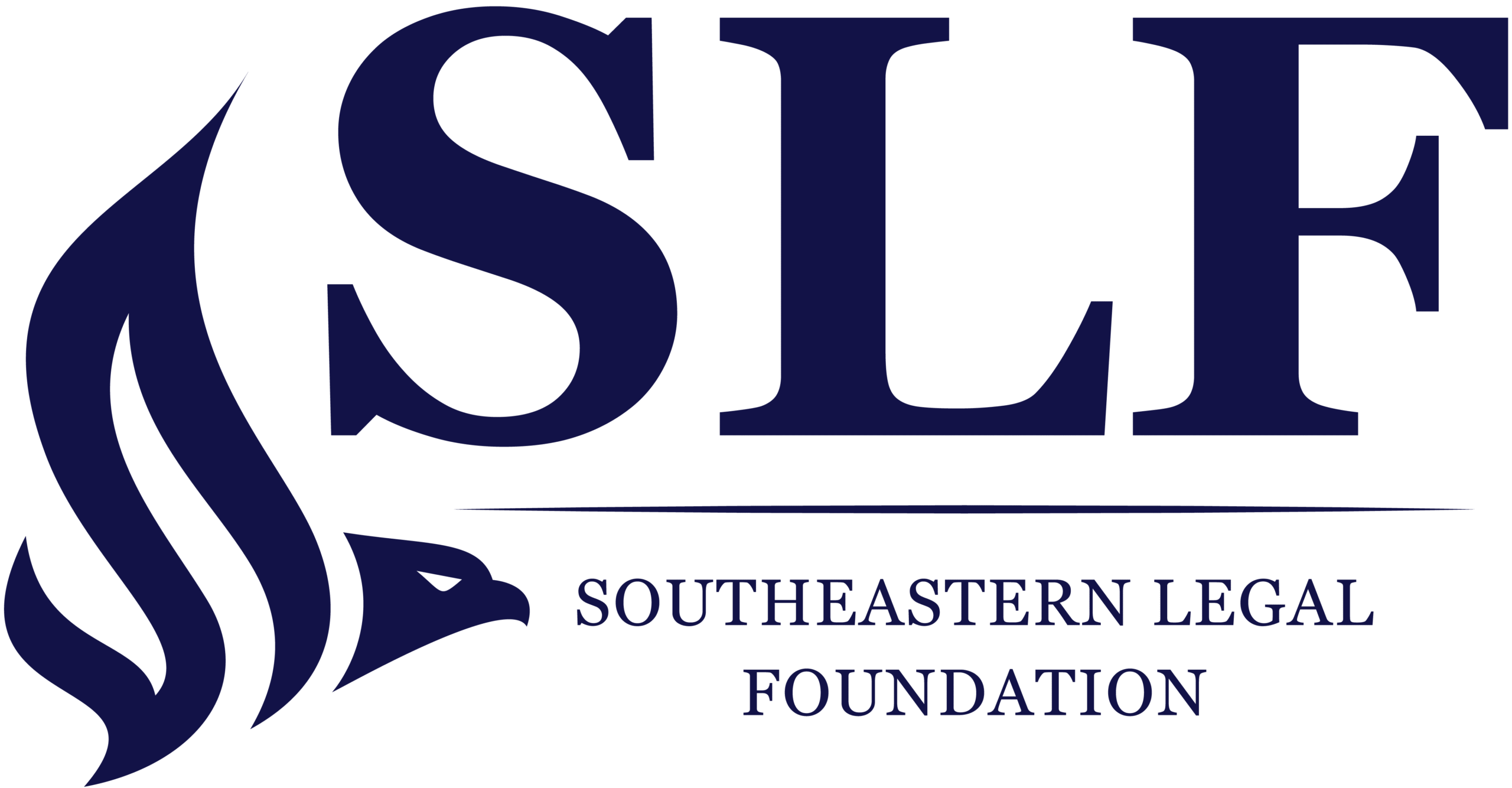Southeastern Legal Foundation (SLF) joined a coalition of public interest law groups in an amicus brief urging the United States Supreme Court to uphold incentives that encourage and protect civil rights litigation. Virginia drivers, supported by amici, are asking the Supreme Court to award them attorney’s fees after they successfully defeated a state law in a precedent-setting case. SLF and amici explain in their brief that seeking attorney’s fees is a cornerstone of civil rights litigation because it encourages the American people to avail themselves of the courts to hold their government accountable when it acts unconstitutionally.
Read More
When Virginia passed a state law that would automatically suspend the driver’s license of anyone who failed to pay court fines, motorists challenged it in federal district court. They sought a preliminary (temporary) injunction to halt the law from going into effect until the court could reach a final decision. The court granted the preliminary injunction, but rather than appeal that ruling, the State of Virginia repealed the law altogether.
Now, the motorists are seeking attorney’s fees as the “prevailing party” because the district court ruled in their favor by temporarily halting the law. But the Virginia government claims that since the ruling was only temporary and the court had not reached a final decision, the motorists did not win and are not entitled to fees.
As SLF and amici point out in their brief, Congress has provided civil rights plaintiffs the right to seek attorney’s fees when they prevail in a case against the government. And any time a party leaves its mark on the law by creating favorable precedent, it is a prevailing party. Virginia drivers clearly prevailed when they won the relief they were seeking—a preliminary injunction—which became the catalyst for the ultimate repeal of the law. Refusing to allow the Virginia drivers—or other civil rights litigants, represented by groups including SLF and amici—to seek attorney fees contradicts Congressional intent and deters civil rights litigation.
SLF is joined in the brief by Institute for Free Speech, Cato Institute, New Civil Liberties Alliance, Liberty Justice Center, Second Amendment Foundation, and the National Rifle Association of America.
